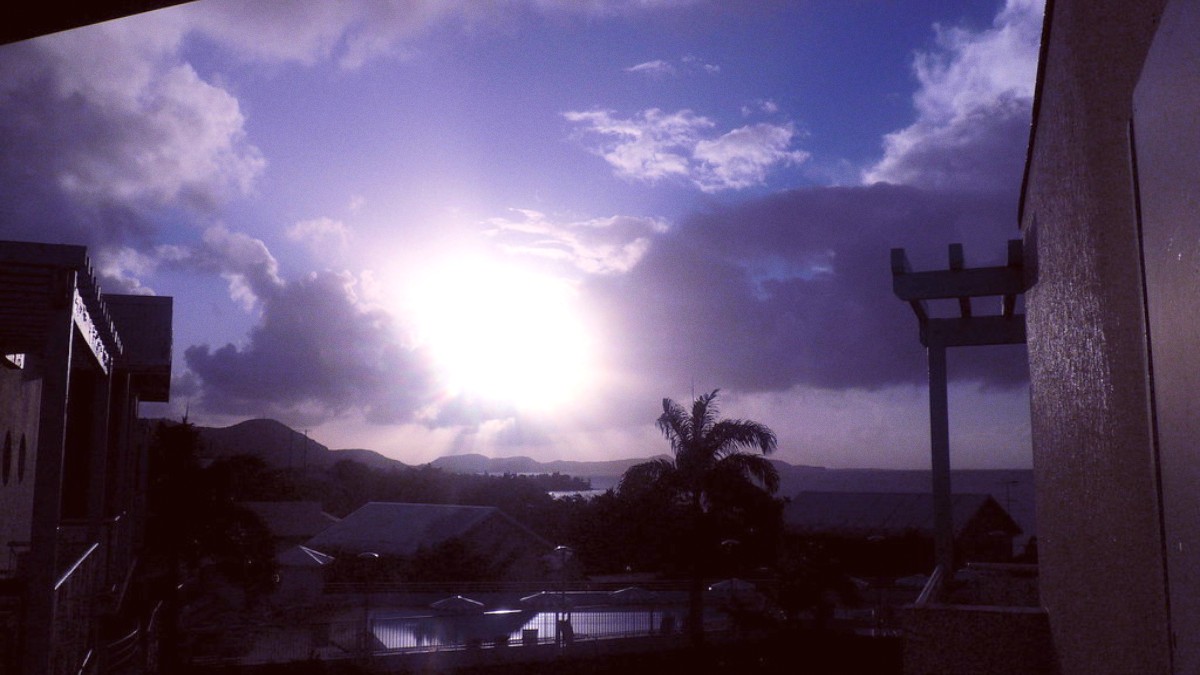
Martinique
Major mobile providers include Orange Caraïbe, Digicel, and Free Mobile. Purchase local prepaid SIM cards at the airport or retail shops in Fort-de-France. Confirm your mobile phone is unlocked for local SIM card use. This option offers a cost-effective way to get local data, avoiding high international roaming charges. Consider an eSIM for travel convenience with Airalo or a portable Wi-Fi device from Solis Wi-Fi.
La Poste, the French postal service, operates offices throughout Martinique, including multiple branches in Fort-de-France. Send postcards or packages from these offices. Stamps are available at post offices and some "tabacs" (tobacco shops).
Have a French phrasebook. A translation app like Google Translate (with offline French pack) proves incredibly helpful for quick translations of menus, signs, and basic conversations. Consider learning basics with Rosetta Stone.
Learning a few basic French phrases shows respect and often results in warmer interactions. Martinican Creole phrases are also appreciated.
A little French or Creole goes a long way. Locals appreciate any effort to speak their language, which often opens doors to warmer interactions.
Generally open Monday to Saturday, 9:00 AM to 6:00 PM. Many smaller shops close for a long midday break (12:00 PM - 2:30 PM/3:00 PM). Larger supermarkets stay open continuously.
Lunch service typically 12:00 PM to 2:30 PM. Dinner service commonly starts 7:00 PM or 7:30 PM. Many restaurants close between lunch and dinner.
Operate similar hours to shops. Some pharmacies operate on a rotation on Sundays and public holidays; check local signage for details.
Banks typically operate Monday to Friday, generally from 8:00 AM to 12:00 PM and then from 2:00 PM to 4:00 PM.
Martinique observes French national holidays and some local holidays. During these times, banks, many shops, and government offices close. Public transport may run on a reduced schedule. Plan ahead for these days.
Adopting local customs enriches your Martinique visit.
Always greet people with "Bonjour" (good day) or "Bonsoir" (good evening) upon entering a shop, restaurant, or starting a conversation. Use "Au revoir" (goodbye) when departing. This simple gesture holds much importance for polite interaction.
Casual dress is generally accepted, reflecting the relaxed Caribbean vibe. When moving into towns, shops, or restaurants, wear a cover-up, shirt, or shorts over swimwear.
A service charge is typically included in restaurant bills, so tipping is not mandatory but is welcomed for good service.
Generally fine to photograph landscapes, architecture, and public areas. Always request permission before photographing individuals, especially children. Practice discretion and respect.
Accessibility for travelers with mobility challenges is seeing improvements in Martinique, yet some obstacles may remain.
Martinique's infrastructure is undergoing enhancements, but challenges remain. Newer buildings and facilities in Fort-de-France tend to be more accessible, incorporating ramps and wider doorways.
Many sites and transport options are working towards better accessibility for all visitors.
Specialized services for travelers with visual or hearing impairments are limited. Traveling with a companion or hiring a local guide is advisable if extensive assistance is needed.
Contact local tourism offices in Martinique or disability organizations for specific details on accessible accommodations, transport, and attractions.
Many hotels and guesthouses are working towards offering more inclusive stays.
Many new and larger resorts feature accessible rooms and facilities, including roll-in showers and grab bars.
Always book accessible rooms in advance and confirm specific needs with the hotel directly.
Smaller guesthouses may have limited accessibility; confirm before booking.
While Martinique progresses in accessibility, prior research and direct communication with service providers greatly enhance a smooth travel experience for all visitors.